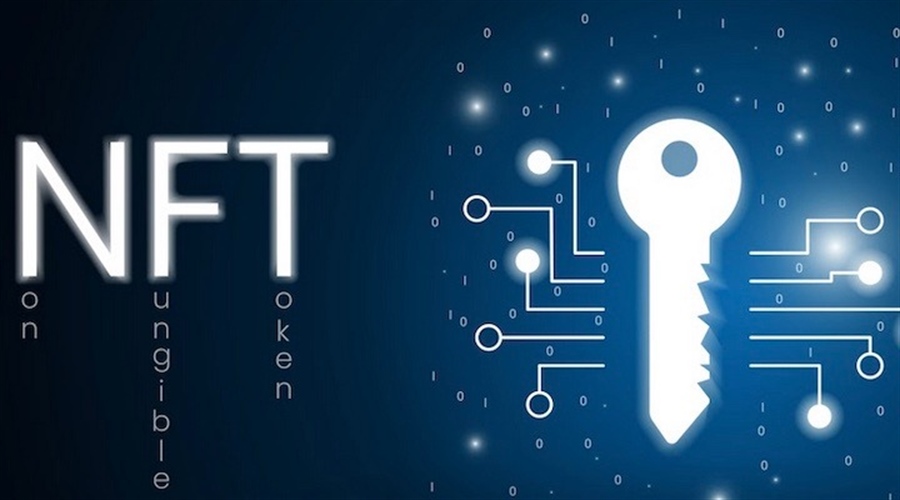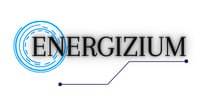
The Ultimate Guide to NFT Marketplaces: Where to Buy and Sell
Non-Fungible Tokens (NFTs) have taken the world by storm, with sales of digital art and collectibles reaching new heights. These unique digital assets are stored on the blockchain, making them tamper-proof and easily tradable. But, with so many NFT marketplaces out there, it can be overwhelming to find the right platform to buy or sell NFTs. In this ultimate guide, we’ll review the top NFT marketplaces and what they offer.
What are NFT Marketplaces?
NFT marketplaces are online platforms where users buy, sell, and trade NFTs. They provide a platform for creators to showcase their digital art and other collectibles and for buyers to find unique assets to add to their collections. These marketplaces use blockchain technology to store and verify the ownership of NFTs, ensuring that each asset is unique and authentic.
Top NFT Marketplaces
- OpenSea: OpenSea is currently the largest NFT marketplace, with over four million items sold and over 700,000 registered users. It offers a wide variety of NFTs, including digital art, virtual real estate, and in-game assets. The platform allows users to create their own storefronts, enabling artists and creators to sell their NFTs directly to buyers.
- SuperRare: SuperRare is an invitation-only NFT marketplace focusing on high-end digital art. The platform curates its selection of NFTs, ensuring that each asset is of the highest quality. SuperRare has gained popularity among collectors and investors for its limited edition releases and high resale values.
- Rarible: Rarible is a community-driven NFT marketplace that allows users to create, buy, and sell NFTs. The platform is known for its low fees and easy-to-use interface. Rarible also offers a governance token, RARI, which allows holders to vote on platform decisions.
- Nifty Gateway: Nifty Gateway is an NFT marketplace that focuses on selling limited edition drops from high-profile artists and celebrities. The platform has gained popularity for its unique drops and exclusive releases, making it a must-visit for collectors and investors.
- KnownOrigin: KnownOrigin is an NFT marketplace featuring independent artists’ digital art. The platform has a curated selection of NFTs and offers a royalty program that rewards artists for the resale of their work.
What to Consider When Choosing an NFT Marketplace
When choosing an NFT marketplace, there are several factors to consider:
- User Base: Look for a marketplace with a large user base to increase the chances of selling your NFTs. A larger user base also means more competition, which can drive up prices.
- Fees: NFT marketplaces charge fees for each transaction ranging from 2% to 15%. Be sure to check the fee structure before listing your NFTs.
- Reputation: Choose a reputable marketplace with a proven track record of successful transactions. Look for reviews and ratings from other users before committing to a platform.
- Curation: Some NFT marketplaces curate their selection of NFTs, ensuring that each asset is highly quality. If you’re a collector or investor, consider a marketplace that curates its selection to ensure the value of your purchases.
How to Buy and Sell NFTs on an NFT Marketplace
Buying and selling NFTs on an NFT marketplace is similar to buying and selling on any other online platform. Here’s a step-by-step guide:
- Create an account: Register for an account on your chosen NFT marketplace.
- Connect your wallet: NFT marketplaces require users to connect their digital wallets to the platform to buy or sell NFTs. This allows for secure transactions and ensures that the NFTs are stored securely.
- Browse and search: Use the search function or browse the available NFTs to find assets that interest you.
- Bid or buy: If you’re interested in an NFT, you can either bid on it or buy it outright. If you choose to bid, you’ll need to wait for the auction to end to see if your bid was successful.
- List your NFTs: If you want to sell your NFTs, you can create a listing and price. Be sure to include a detailed description and high-quality images to attract buyers.
- Complete the transaction: Once you’ve bought or sold an NFT, the blockchain will record the transaction. The NFT will be transferred to your wallet, and the seller will receive payment.
NFT Marketplaces and the Future of Digital Ownership
NFTs are changing the way we think about digital ownership. Using blockchain technology, NFTs provide a secure and tamper-proof way to prove ownership of digital assets. NFT marketplaces are making buying and selling these unique assets easier than ever, opening up new opportunities for artists, collectors, and investors.
As the popularity of NFTs continues to grow, we can expect to see more NFT marketplaces emerge. These platforms will need to keep up with changing trends, and user demands to remain competitive in the rapidly evolving NFT market.
Conclusion
NFTs and NFT marketplaces have revolutionized the way we think about digital ownership. With a wide range of platforms to choose from, buyers and sellers can find the right NFT marketplace to meet their needs. Whether you’re a collector, artist, or investor, there’s an NFT marketplace out there for you. By considering factors such as user base, fees, reputation, and curation, you can make an informed decision and start buying and selling NFTs today.
I am a Crypto author and journalist. I have been writing about cryptocurrencies and blockchains for over 5 years. I have also been a guest on numerous podcasts and radio shows, discussing these topics. In addition, I am also a crypto advisor and consultant.


